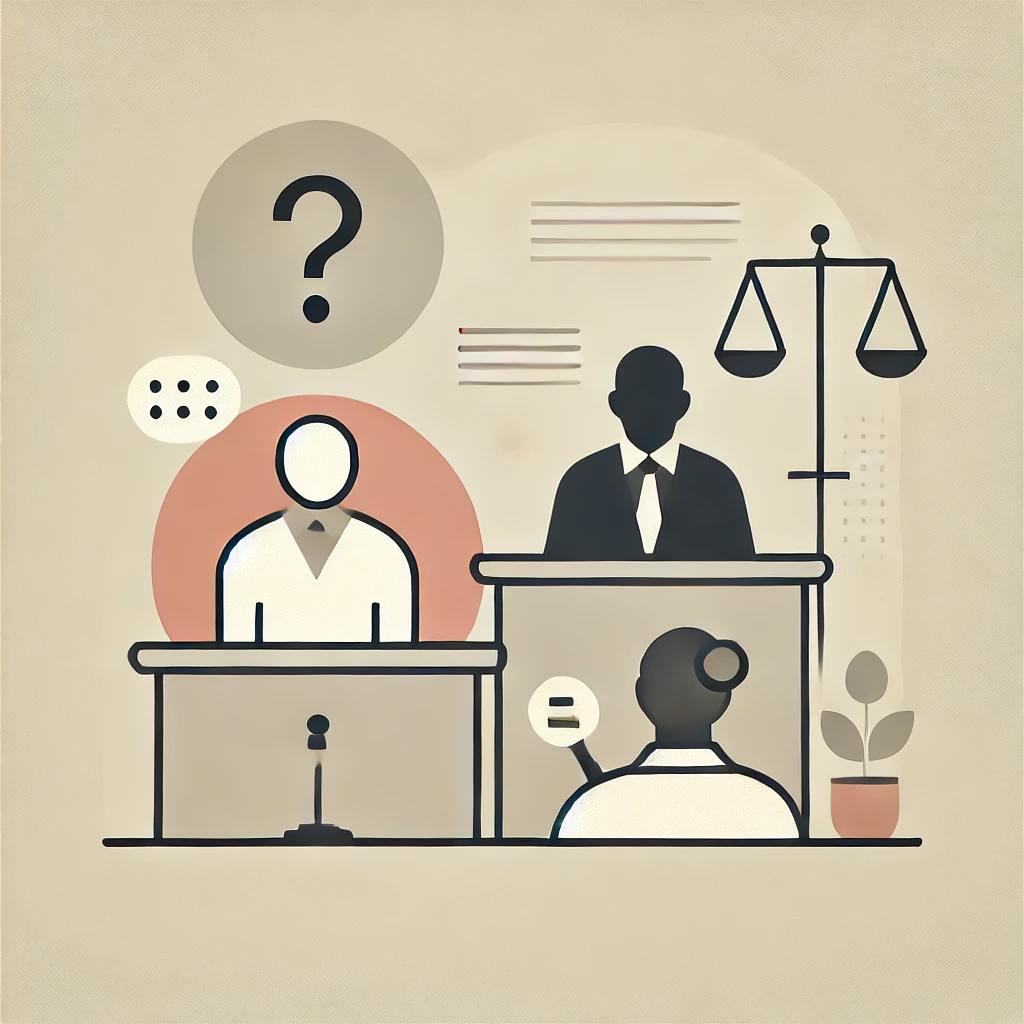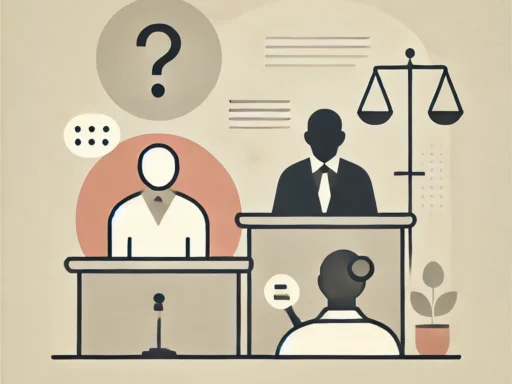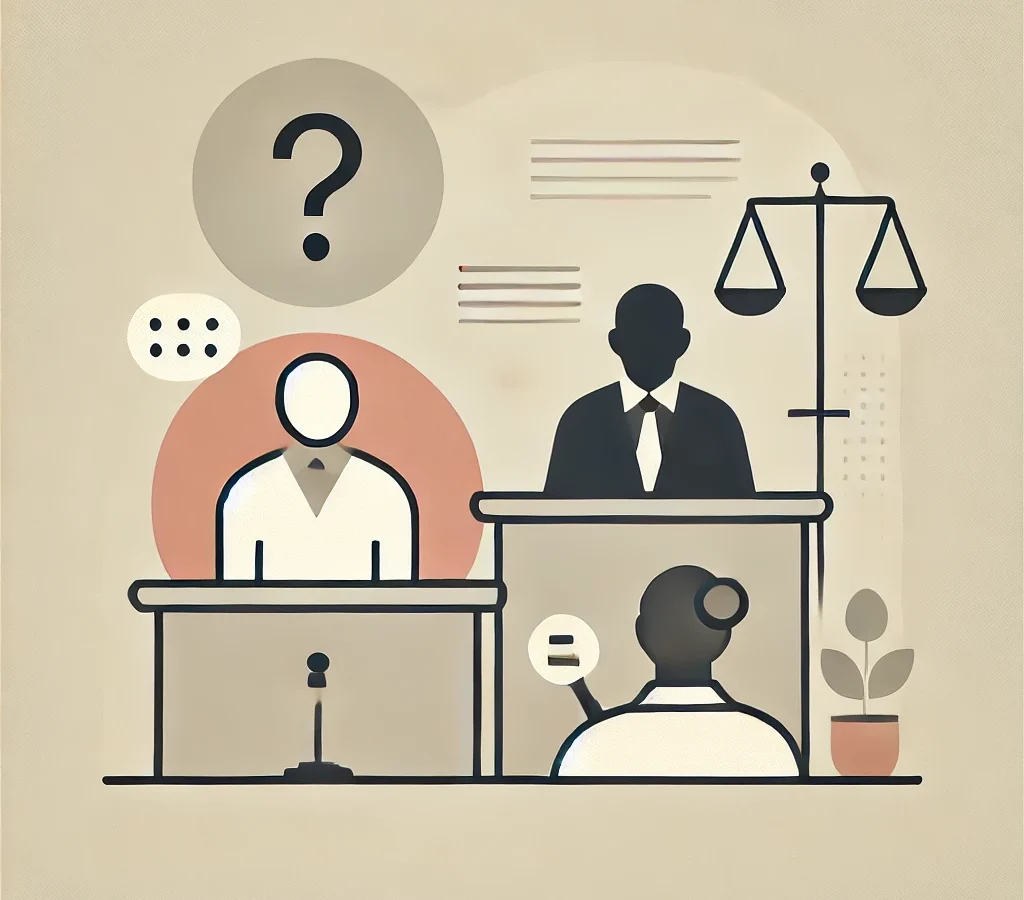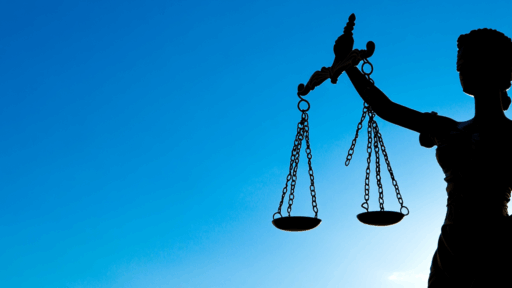In the complex world of legal proceedings, expert witnesses play a crucial role in shaping the outcomes of cases. These specialists bring their deep knowledge and expertise to depositions, providing critical insights that can make or break a legal argument. Whether it’s a medical professional, an engineer, or a financial analyst, the testimony of an expert witness often carries significant weight in court.
Understanding the role and impact of expert witnesses in a deposition is essential for anyone involved in a legal dispute. Their ability to explain complex issues in a clear and authoritative manner can sway the opinions of judges and juries alike. By shedding light on the nuances of their field, expert witnesses help ensure that justice is served, making their contributions invaluable to the legal process.

Understanding Expert Witnesses
Expert witnesses offer specialized knowledge to aid in clarifying intricate aspects of a legal case. Their expertise spans diverse fields such as medicine, engineering, and finance. They possess qualifications and credentials that validate their authority in their respective disciplines.
Types of Expert Witnesses
- Medical Experts: Offer insights on injuries, medical procedures, and health conditions.
- Engineering Experts: Analyze structural designs, accidents, and mechanical failures.
- Financial Experts: Examine financial records, valuations, and economic impacts.
Qualifications of Expert Witnesses
Expert witnesses often hold advanced degrees, extensive professional experience, and relevant certifications. For example, a medical expert might be a board-certified physician with decades of clinical practice, while an engineering expert could be a licensed professional engineer with specialized training.
Role of Expert Witnesses in Depositions
During depositions, expert witnesses review relevant facts and provide their professional opinions. Their testimony often includes technical explanations and detailed analyses. They respond to questions from both parties’ attorneys, aiming for clear, unbiased information presentation.
Impact on Legal Outcomes
Expert witnesses can significantly influence legal outcomes. Their credible testimony can validate a party’s claims, discredit opposing arguments, and enhance the understanding of complex issues for the judge and jury. Their contribution can be pivotal in swaying the final verdict.
Preparing Expert Witnesses for Depositions
Preparation involves reviewing all pertinent materials and rehearsing potential questions. Understanding the deposition process and knowing how to articulate their findings concisely and accurately increases their effectiveness. Proper preparation can mitigate opposing counsel’s attempts to discredit their testimony.
Challenges Faced by Expert Witnesses
Expert witnesses may face challenges such as high scrutiny, cross-examination, and attempts at discreditation. They must maintain impartiality and base their findings strictly on scientific data and established facts to uphold their credibility.
Expert witnesses stand as pillars of clarity in complex legal cases, providing essential insights and authoritative testimony critical to achieving justice.
The Role of Expert Witnesses in a Deposition
Expert witnesses in a deposition provide essential insights that shape case outcomes. Their expertise clarifies complex issues for attorneys, judges, and juries.
Providing Specialized Knowledge
Expert witnesses offer specialized knowledge in fields like medicine, engineering, and finance. In medical cases, they explain injury mechanisms and long-term impacts. In engineering disputes, they analyze structural designs or failures. In financial litigation, they examine records to uncover discrepancies. Their technical explanations simplify intricate topics, making them understandable.
Enhancing Credibility
A well-qualified expert boosts a party’s credibility in court proceedings. Their credentials, backed by years of education and experience, add weight to their testimony. When questioned during a deposition, their confident, data-backed answers can reinforce the reliability of the arguments they support. Their impartiality and scientific basis protect the credibility of the legal team employing them.
Assisting with Case Strategy
Expert witnesses assist attorneys in developing case strategies. They help identify strengths and weaknesses in arguments, suggest lines of questioning, and predict opposing experts’ testimonies. By providing detailed analyses and objective insights, they guide legal teams in framing arguments, preparing for cross-examinations, and developing rebuttal strategies that may discredit the opposition’s claims.
Impact of Expert Witnesses on Your Case
Expert witnesses can significantly impact the direction and outcome of a legal case. Their involvement often adds a layer of credibility and depth to the presented arguments.
Strengthening Your Argument
Expert witnesses solidify your argument by presenting specialized knowledge. They explain complex concepts, making them comprehensible for judges and jurors. For example, a medical expert can clarify the extent of an injury, while a financial expert can confirm the accuracy of economic loss calculations.
Their evidence-based testimony, grounded in their professional expertise, strengthens the case’s foundation. Studies show that expert testimony increases the likelihood of favorable verdicts by up to 33% (Source: Journal of Law and Economics).
Potential Challenges
However, expert witnesses also present challenges. Their testimony can be subject to scrutiny under cross-examination. Opposing counsel may attempt to discredit their expertise or findings, impacting the perceived reliability of their statements.
Additionally, expert witnesses’ fees can strain legal budgets, especially in prolonged cases. Ensuring the selection of highly respected and well-prepared experts is crucial to mitigating these challenges and maintaining the integrity of your case.
Best Practices for Working with Expert Witnesses
Identifying, preparing, and communicating with expert witnesses are critical steps in leveraging their impact on your case. The following best practices can enhance the effectiveness of expert witnesses.
Selecting the Right Expert
Choosing the appropriate expert witness is paramount for case success. Experts should possess relevant experience and credentials directly related to the case’s subject matter. For instance, in a medical malpractice case, a board-certified physician in the relevant specialty is ideal.
- Experience: Prioritize experts with extensive experience in courtroom settings to ensure they handle cross-examination well.
- Credentials: Verify all certifications and professional affiliations to confirm the expert’s qualifications.
- Reputation: Choose experts with a strong professional reputation bolstered by previous successful testimonies.
Preparing Your Expert Witness
Effective preparation of an expert witness ensures their testimony is impactful and credible. Start preparations early to allow ample time for thorough readiness.
- Case Familiarity: Ensure the expert thoroughly reviews all case materials, understanding every aspect they will address.
- Mock Depositions: Conduct mock depositions to familiarize the expert with the process and anticipate possible lines of questioning.
- Consistent Messaging: Align the expert’s testimony with the case strategy, maintaining consistency to enhance reliability.
Effective Communication
Maintaining clear and open communication with an expert witness throughout the case is crucial for their testimony’s success.
- Regular Updates: Keep the expert informed of any developments or changes in the case to adjust their testimony as needed.
- Clear Instructions: Provide concise and detailed instructions about their role and expected contributions to the case.
- Feedback Loop: Create a feedback loop where the expert can ask questions and seek clarifications to prevent misunderstandings.
Real-World Examples and Case Studies
Medical Malpractice Case
In a notable medical malpractice case, an expert witness in neurology changed the outcome. The witness detailed the standard of care expected in stroke management, contradicting the defense’s argument. This testimony clarified complex medical procedures for the jury, leading to a favorable verdict for the plaintiff.
Financial Fraud Case
A financial expert played a crucial role in a high-profile financial fraud case. The expert deciphered complicated accounting records, revealing deliberate misstatements. By explaining financial discrepancies clearly, the expert’s testimony was pivotal in securing convictions.
Product Liability Case
An engineer’s testimony in a product liability case showcased the importance of expert witnesses. The expert analyzed product design flaws and demonstrated how they led to consumer injuries.
This technical perspective was essential in bridging the gap between layman’s understanding and complex engineering concepts, resulting in a substantial settlement for the affected consumers.
Environmental Litigation
In an environmental litigation case, a hydrologist’s testimony was instrumental. The expert presented data on groundwater contamination linked to a corporation’s practices. This evidence significantly impacted the case, leading to a settlement that funded environmental remediation efforts.
Intellectual Property Dispute
In an intellectual property dispute, a software expert clarified issues related to code originality. The expert’s analysis proved that the defendant had infringed on copyrighted software. This precise testimony was key in protecting the plaintiff’s intellectual property rights and securing appropriate compensation.
Ensure the Credibility of Your Expert Witnesses with BlueNotary’s Secure Notarization Services
Expert witnesses play a pivotal role in the outcome of legal cases, providing specialized knowledge that can significantly influence verdicts and settlements. Selecting reputable experts and preparing them effectively are crucial steps to maximize their impact. Real-world examples demonstrate how expert testimony can sway decisions in various legal contexts, from medical malpractice to intellectual property disputes.
To ensure their testimony is backed by properly authenticated documents, utilize BlueNotary’s advanced online notarization platform. Our services provide the reliability and security needed to support your expert witnesses.
Elevate the credibility of your case with robust notarization solutions. Sign up with BlueNotary today and ensure every document related to your expert testimony is legally binding and authenticated.
Frequently Asked Questions About Expert Witnesses in Depositions
Q1. What is the role of an expert witness in a deposition?
An expert witness provides specialized knowledge and opinions on specific aspects of a case. Their testimony helps clarify complex issues and supports the arguments of the party that called them.
Q2. How is an expert witness different from a regular witness?
Unlike regular witnesses who provide factual testimony based on their personal knowledge, expert witnesses offer opinions and insights based on their expertise in a particular field. Their testimony can explain technical or complex issues to the court.
Q3. What qualifications are required for someone to be considered an expert witness?
An expert witness must have specialized knowledge, skills, experience, training, or education in a relevant field. Their qualifications should be sufficient to establish their credibility and authority on the subject matter.
Q4. How can an expert witness impact the outcome of a case?
An expert witness can significantly impact the outcome of a case by providing credible, well-supported testimony that clarifies complex issues, strengthens arguments, and challenges the opposing party’s claims.
Q5. What should be considered when selecting an expert witness for a deposition?
When selecting an expert witness, consider their qualifications, experience, communication skills, and prior testimony in similar cases. It is also important to evaluate their ability to present complex information clearly and persuasively.








